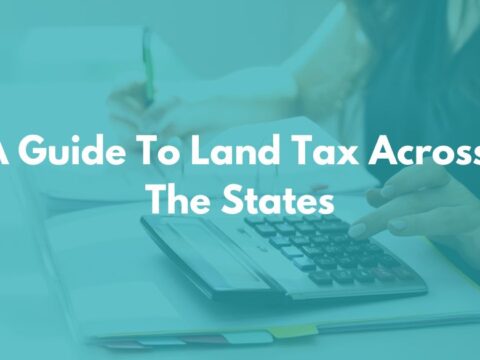What Contributions Can Be Made To Superannuation Funds?
As retirement looms, ensuring a comfortable and secure future becomes a top priority for many individuals.
One essential aspect of this preparation is maximising superannuation contributions. With the right strategies, you can harness the power of compounding interest and investment growth to build a substantial nest egg in your superannuation for your golden years.
Superannuation, often referred to as super, is a long-term savings plan designed to provide for your retirement.
Contributions to your super fund can come from various sources, including your employer, personal contributions, government co-contributions, and spouse contributions. Understanding the different types of contributions and how they work is crucial for maximising your retirement savings.
Take Advantage of Employer Contributions:
Employer contributions, also known as compulsory contributions, are a cornerstone of superannuation. By law, employers are required to contribute a percentage of your salary to your super fund. This contribution, known as the Superannuation Guarantee (SG), currently stands at 11% of your ordinary earnings.
However, some employers may offer additional contributions through salary sacrifice arrangements or voluntary employer contributions. Maximising these contributions can significantly boost your super balance over time.
Make Personal Contributions:
In addition to employer contributions, you have the option to make personal contributions to your super fund. These contributions can be made either before-tax (concessional) or after-tax (non-concessional). Making additional concessional contributions through salary sacrifice or personal deductible contributions can reduce your taxable income while increasing your super balance.
Likewise, non-concessional contributions allow you to contribute funds from your after-tax income, subject to annual contribution limits. Making regular personal contributions, even small ones, can make a substantial difference to your retirement savings.
Leverage Government Co-contributions:
Low to middle-income earners may be eligible for government co-contributions to boost their super savings. The government matches eligible personal contributions made to your super fund up to a specific limit. By taking advantage of this scheme, you can effectively double your contributions and accelerate the growth of your super balance.
Explore Spouse Contributions:
Spouse contributions allow couples to bolster each other’s super savings. If your spouse is not working or earns a low income, you may be eligible to contribute to their super fund and potentially qualify for a tax offset. This strategy can help balance super savings between partners and maximise retirement benefits for both individuals.
Consider Downsizer Contributions:
Recent changes to superannuation laws have introduced downsizer contributions for individuals aged 65 and older. If you sell your home after age 65, you may be eligible to contribute up to $300,000 from the sale proceeds into your super fund, provided certain conditions are met. Downsizer contributions offer a tax-efficient way to boost your retirement savings later in life.:
Maximising your superannuation contributions is a fundamental step towards building a secure retirement.
By implementing strategic contribution strategies tailored to your financial situation, you can harness the power of compound interest and investment growth to create a substantial retirement nest egg.
Whether starting your career or nearing retirement, taking proactive steps to maximise your super contributions can pave the way for a more financially comfortable future.
Remember, the earlier you start, the more time your investments have to grow, so don’t delay in planning for your retirement goals. Why not start a conversation with a licensed advisor or professional today?
IMPORTANT NOTICE
This blog post contains general information only and has been prepared by Allworths without reference to your objectives, financial situation or needs. Allworths cannot guarantee the accuracy, completeness or timeliness of the information contained here. By making this information available to you, we are not providing professional advice or recommendations. Before acting on any of the information contained here, you should seek professional advice.




